The resolution sets out the requirement to build a modern, internationally integrated university education system, linked to science, technology and innovation. In particular, developing artificial intelligence (AI) and improving the quality of the teaching staff are considered two important pillars, contributing to creating a breakthrough for the cause of industrialization and modernization of the country.
VNA reporters have produced a series of articles highlighting the determination of universities in the Central region to develop these fields.
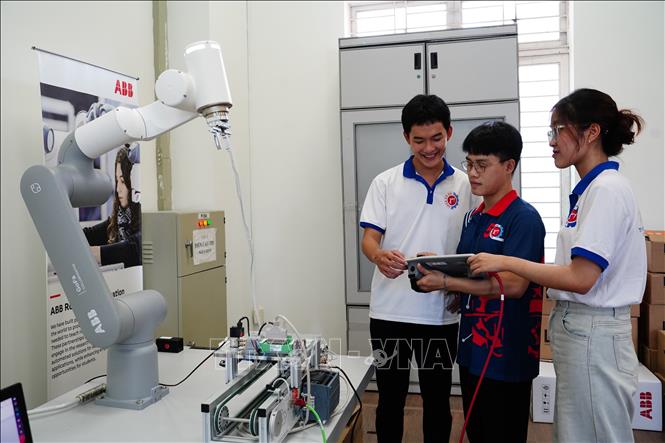
Lesson 1: Digital University - AI application paves the way for educational innovation
In the context of Resolution No. 71-NQ/TW posing the requirement for fundamental and comprehensive innovation in education and training, many universities in the Central region have begun their journey of digital transformation. From lecture halls in Da Nang to classrooms in Quy Nhon ( Gia Lai ), artificial intelligence (AI) is gradually appearing as a powerful support tool, opening up new directions in improving the quality of teaching and university administration.
Previously, lesson planning, testing and evaluating student learning outcomes relied heavily on the personal experience of instructors. However, with the help of AI, this process has become faster, more flexible and more personalized.
Master Le Vu, Director of the Center for Learning Resources and Communication, University of Technical Education (University of Danang) said: "Universities in the area in particular and many schools at all levels are eager to introduce teachers to access artificial intelligence tools. These tools will help make lectures more lively, teachers will have more free time to invest in lecture content".
In fact, some lecturers in Da Nang have tested AI applications to design interactive lesson plans, automatically suggest reference materials, illustrative situations; support testing and assessment such as: automatic multiple choice marking, analysis of learning data to detect knowledge gaps. AI can even suggest additional learning content for each student based on their level of understanding.
According to Master Nguyen Thi Hai Vy, Deputy Head of the Department of Library Information Science and International Cooperation, Da Nang University of Physical Education and Sports: “Applying AI to scientific research is very helpful for lecturers. It helps analyze data, sports data, topics that require in-depth data, research, or videos with sports movements. Not only stopping here, the school has built a plan in the near future to continue to have training sessions on the use of enhanced AI for lecturers to improve their ability to apply in teaching and research”.
At a specific unit like the Da Nang University of Physical Education and Sports, the application of AI in management and teaching has been implemented early by the school. All staff and lecturers have participated in basic training courses to access the most effective AI tools. However, the initial approach to this technology is not easy. Young lecturers are often more responsive, while some experienced lecturers are still cautious, needing more training time and technical support.
At Quy Nhon University, AI application has been deployed synchronously in many aspects. Dr. Le Xuan Vinh, Head of the school's Training Department, said that the school has coordinated to organize training courses on Copilot AI and Microsoft 365 for lecturers and specialists, focusing on skills such as: using GenAI to create text, images, audio, video; applying AI in scoring, evaluating and analyzing learning data to personalize teaching and learning.
Not only stopping at internal training, the school also focuses on building technology infrastructure, investing in modern AI laboratories with 400G super-speed Ethernet networks and equipment for chip design, testing, and network security - areas closely related to AI applications. At the same time, Quy Nhon University has opened a Master's program in Data Science, closely cooperating with agencies and businesses to link training with practice. Along with that, the school actively accompanies the locality. In June 2025, the school coordinated with the Gia Lai Provincial People's Committee to organize a digital transformation skills training course for nearly 7,000 officials, civil servants, and public employees - one of the largest-scale programs ever. The school also cooperates with large technology enterprises such as FPT Software Quy Nhon, TMA Solutions to connect training - research - application.
The leaders of Quy Nhon University said that AI is an inevitable trend, but to exploit it effectively, there needs to be a specific roadmap, synchronous infrastructure investment, and building digital competency standards for lecturers. If we just follow the trend, it will lead to a waste of resources.
In general, AI brings many new tools to serve teaching. However, this tool cannot replace lecturers. The key role of humans in education is still undeniable. Lecturers are the ones who guide, connect and nurture critical thinking for students - things that machines can hardly do. Therefore, in the digital transformation process, AI needs to be seen as a "companion", helping to improve the effectiveness of teaching, learning and management, not replacing the core role of humans. Digital universities are only truly sustainable when built on a foundation of human resources with digital capacity, creativity and flexibility.
From the first signs in Da Nang, Quy Nhon to specific units such as the University of Physical Education and Sports, it can be seen that the process of applying AI to higher education in the Central region is gradually taking shape. The road ahead still has many challenges, but if we know how to take advantage of it, AI will become an important driving force for innovation in Vietnamese higher education, contributing to the gradual integration with international trends.
Final article: Improving training quality, attracting talent - the key to university development
Source: https://baotintuc.vn/giao-duc/nghi-quyet-so-71-bai-1-dai-hoc-so-ung-dung-ai-mo-duong-doi-moi-giao-duc-20250930102833660.htm


![[Photo] General Secretary To Lam, Secretary of the Central Military Commission attends the 12th Party Congress of the Army](https://vphoto.vietnam.vn/thumb/1200x675/vietnam/resource/IMAGE/2025/9/30/9b63aaa37ddb472ead84e3870a8ae825)
![[Photo] Solemn opening of the 12th Military Party Congress for the 2025-2030 term](https://vphoto.vietnam.vn/thumb/1200x675/vietnam/resource/IMAGE/2025/9/30/2cd383b3130d41a1a4b5ace0d5eb989d)


![[Photo] General Secretary To Lam receives US Ambassador to Vietnam Marc Knapper](https://vphoto.vietnam.vn/thumb/1200x675/vietnam/resource/IMAGE/2025/9/29/c8fd0761aa184da7814aee57d87c49b3)
![[Photo] The 1st Congress of Phu Tho Provincial Party Committee, term 2025-2030](https://vphoto.vietnam.vn/thumb/1200x675/vietnam/resource/IMAGE/2025/9/30/1507da06216649bba8a1ce6251816820)


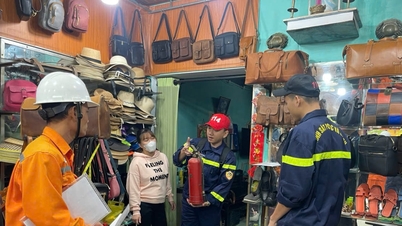







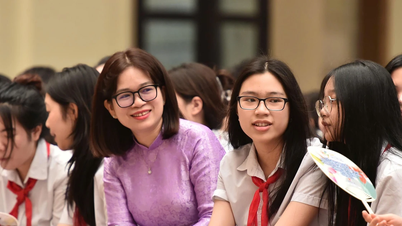



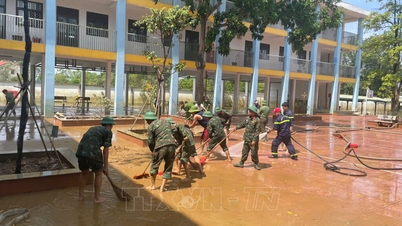




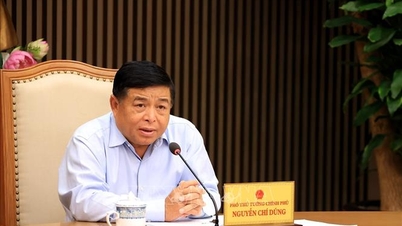

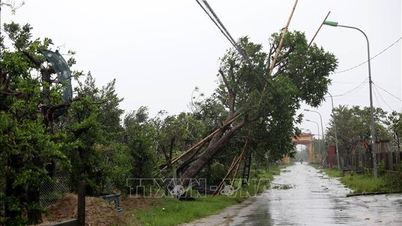



![[Photo] General Secretary To Lam attends the ceremony to celebrate the 80th anniversary of the post and telecommunications sector and the 66th anniversary of the science and technology sector.](https://vphoto.vietnam.vn/thumb/1200x675/vietnam/resource/IMAGE/2025/9/29/8e86b39b8fe44121a2b14a031f4cef46)
































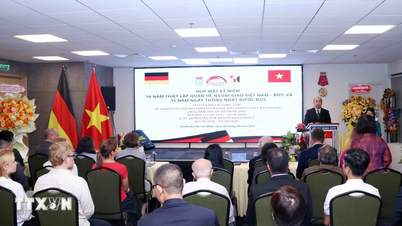



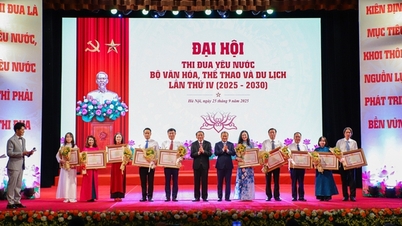










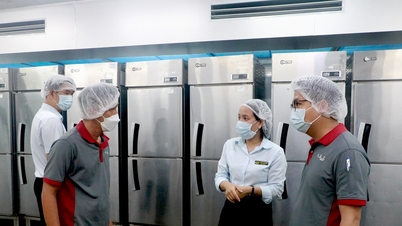
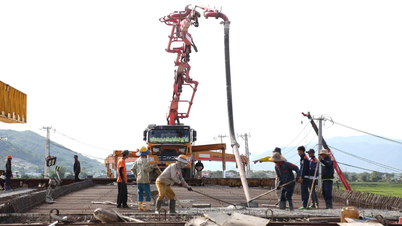

















Comment (0)